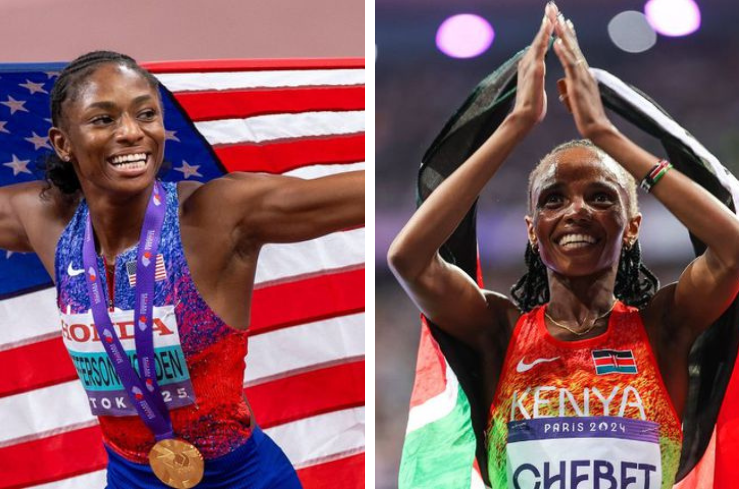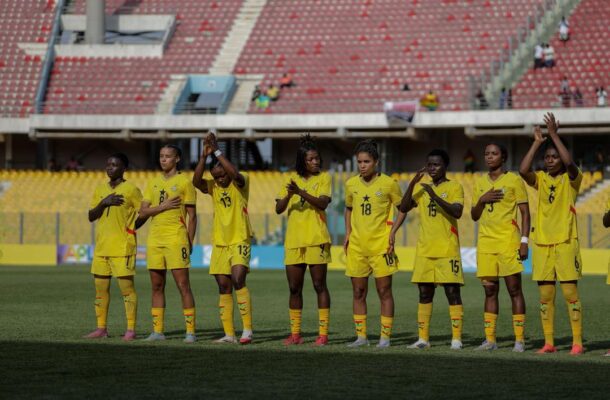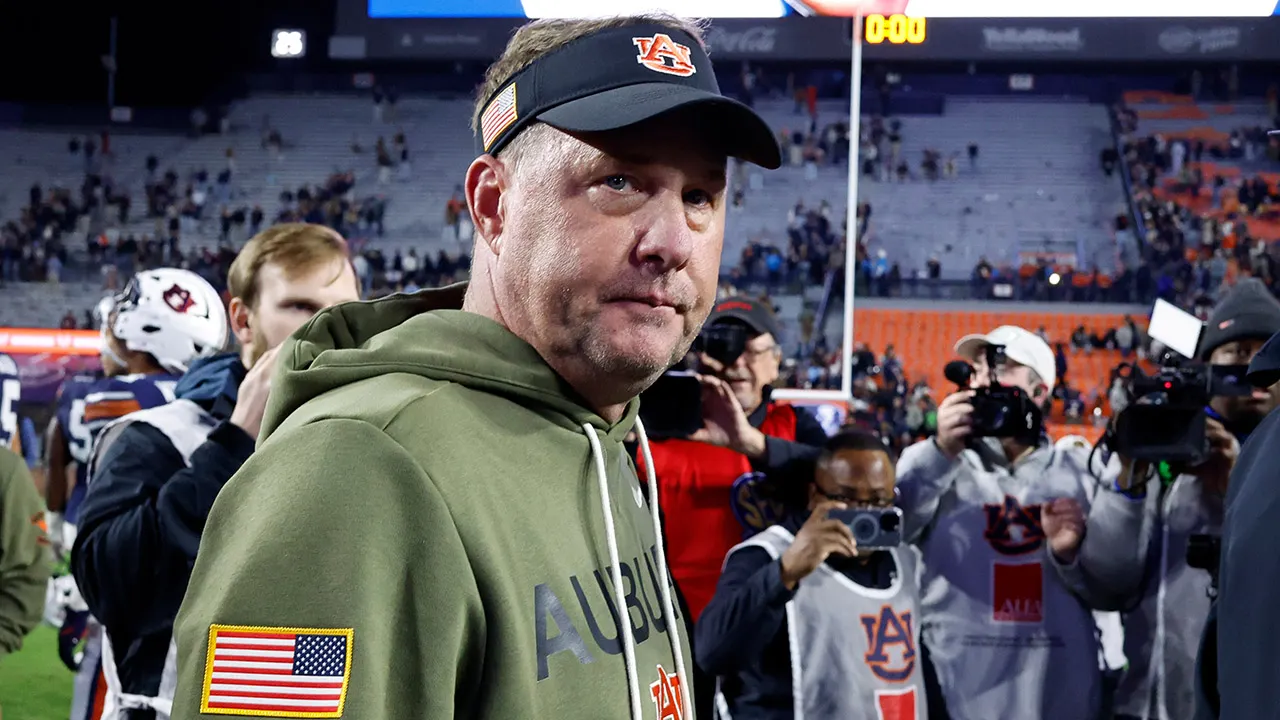Copyright pulsesports

In the aftermath of two of the most dominate female athletes this season being snubbed as finalists for the Female Track Athlete of the Year Award, the uproar from fans and enthusiasts highlights the recency 'bias' of World Athletics Council with their selections. In sports, award nominees for the most outstanding athletes in a single year are often met with controversy from fans and enthusiasts alike, due to varying opinions on who's more deserving. With this year's World Athletics Awards, the voting council's 'bias' may have just hit an all-time low snubbing Melissa Jefferson-Wooden & Beatrice Chebet as finalists for the Female Track Athlete of the Year. After the official announcement of Sydney McLaughlin-Levrone and Femke Bol as the finalists for the 2025 Female Track Athlete of the Year Award, athletics fans and enthusiasts have been raging with just one question: Where is Melissa Jefferson-Wooden and Beatrice Chebet? This bewilderment of their snub has ravaged the track community, considering the two most dominant female track athletes of the year, with historic performances at the World Championships in Tokyo, were not even considered as finalists for the most prestigious award by the World Athletics Council and Family. From the voting procedure indicated after the initial Top 5 nominee list was announced, there's a three-way voting process to determine the finalists. The World Athletics Council and the World Athletics Family cast their votes by email, while fans logged their decisions online via the World Athletics social media platforms. The council’s vote counted for 50% of the result, while World Athletics Family’s votes and the public votes each counted for 25% of the final result, meaning the governing body has 75% of the say. Without doubt, the World Athletics Awards are aimed at recognizing the most outstanding athletes of the season for their unmatched performances among their peers. And like many sports awards, there are possibilities of controversy over the nominees and finalists. However, in this instance, the bias and preference displayed by the World Athletics Council were so evident that track enthusiasts couldn't overlook them. Season summary of deserving athletes Jefferson-Wooden had an exceptional 2025 season, perhaps the most dominant by a female sprinter in history. The 23-year-old sprint queen became just the second woman in history, after the legendary Shelly-Ann Fraser-Pryce to sweep the 100m, 200m, and 4x100m relay gold medals at a single World Championships. She went undefeated in the 100m all year, posting the five fastest times in the world, topped by her 10.61s world lead and championship record in Tokyo, yet she still didn’t make the final cut. Consequently, Chebet broke the 5000m World Record at the Prefontaine Classic in Eugene, clocking an astonishing 13:58.06 to take 2.15 seconds off the previous record of 14:00.21 and become the first woman in history to break the 14-minute barrier. The Kenyan long-distance queen then completed another 5000m and 10,000m gold medal double at the World Championships in Tokyo (mirroring her 2024 Olympic double). Despite her historic feats, she was snubbed again from being a finalist for the award. Not to take anything away from the council's chosen finalists, especially Mclaughlin-Levrone, who switched from her trademark event - the 400mH to compete in the 400m flat in Tokyo, where she broke ground by winning the world title and becoming the first woman this century to complete the 400m under 48 seconds. Her winning time of 47.78s is the fastest in four decades, sending a clear signal that the once "eternal" Marita Koch's 47.60s world record set in 1985 is now within reach. She was also part of the American 4x400m relay squad that won the world title, thus leaving Tokyo with two gold medals. For Bol, the Dutch hurdling queen retained her 400mH world title in Tokyo in a brilliant 51.54 seconds to remain unbeaten in the event this year. She also became the Diamond League champion and clocked the top three performances this season. These ladies are worthy competitors in their own right. But this season, in recognition of their respective iconic performances throughout the year, the two names snubbed stand out more prominently with their numbers than the others. Racism?, Marketability?, or just a lack of transparency in the voting procedure? When the initial top 5 nominees for the award were announced, World Athletics boldly stated in their release: "the nominations reflect some of the standout performances achieved during another memorable year for the sport, which culminated in the World Athletics Championships in Tokyo 2025." If this is the case, then why didn't the multiple gold medal-winning individual performers not make the final cut? Or are there other factors considered by the World Athletics Council not stated in their release? Perhaps, they are looking for a more marketable face as the face of the sport, a brief that in their view, Jefferson-Wooden or Chebet may not necessarily fill. In a different scenario, the competition between Jefferson-Wooden and Chebet as finalists would have generated buzz and anticipation among fans, building excitement until the winner is announced. However, with the current situation, the outcome is as obvious as the dawn of a new day, which has diminished any expectations. Without mincing words, the World Athletics Awards council is now starting to lose its credibility among fans, as their selections and the predictability of their choice of winners in recent years have been questioned. Or how is it explained that Bol, who didn't even run a personal best this year, had a better season than Jefferson-Wooden and Chebet? Interestingly, the Female Track Athlete of the Year isn't the only category that has raised controversies, as other selections have also been questioned. Outstanding performances should be celebrated and recognised, not snubbed. Glaringly, track fans are no longer accepting their bias, which this year unarguably hit an all-time low.



